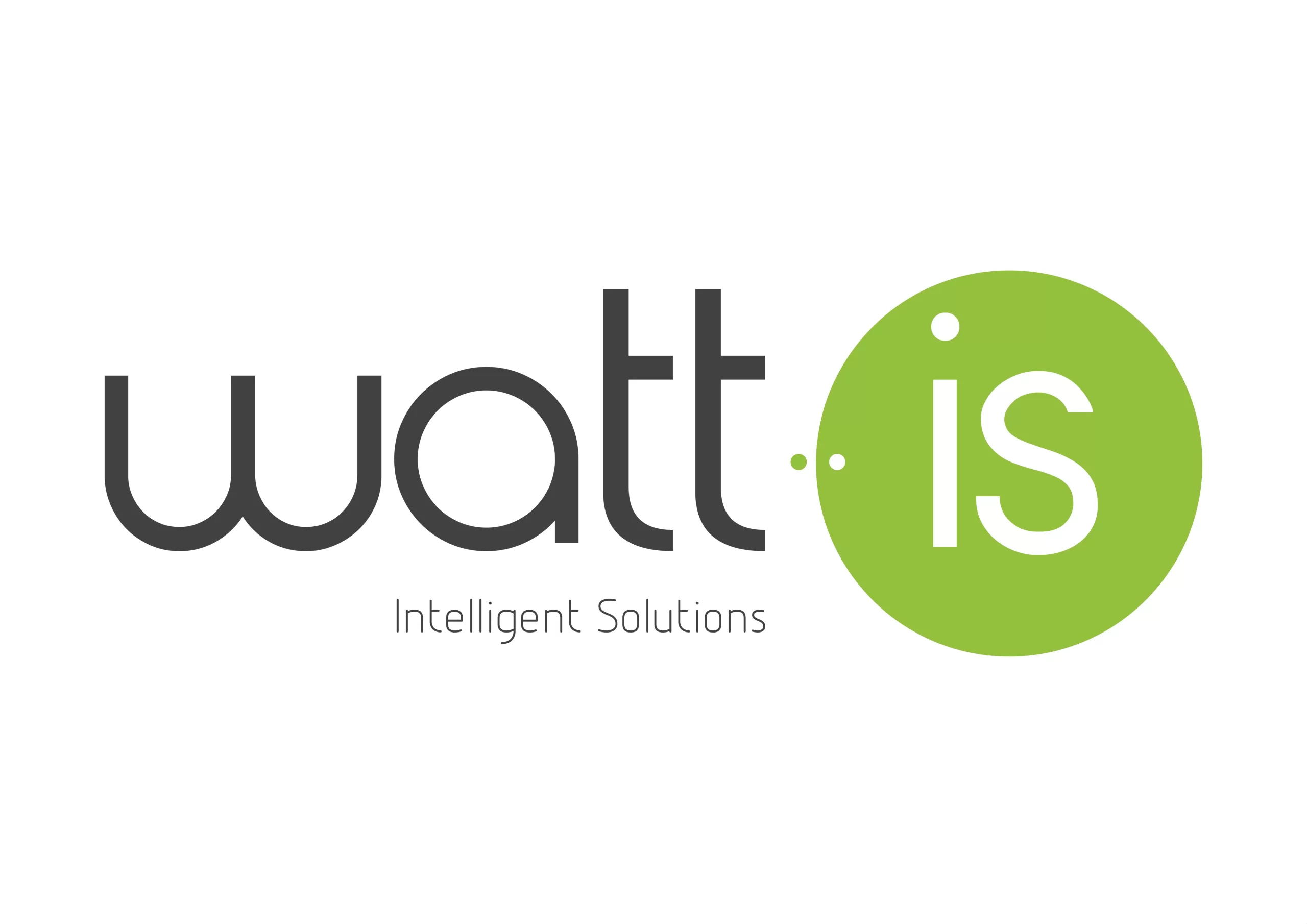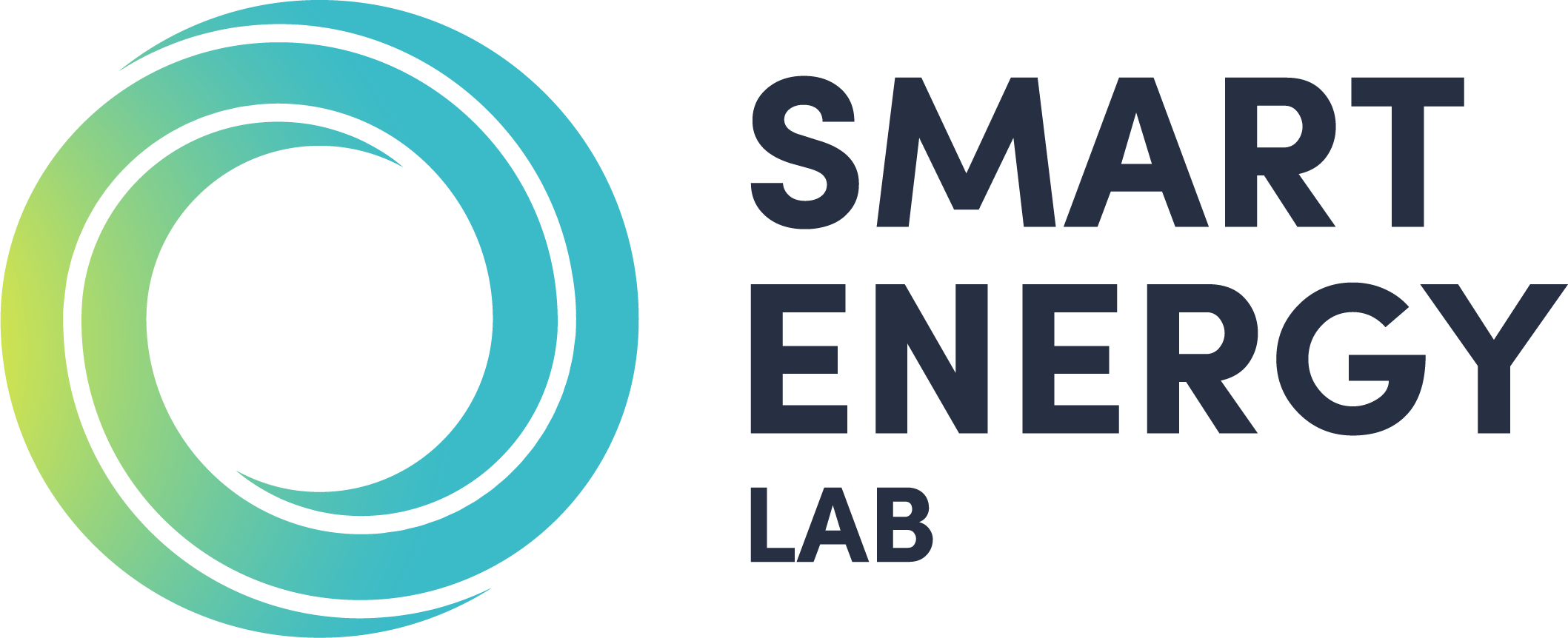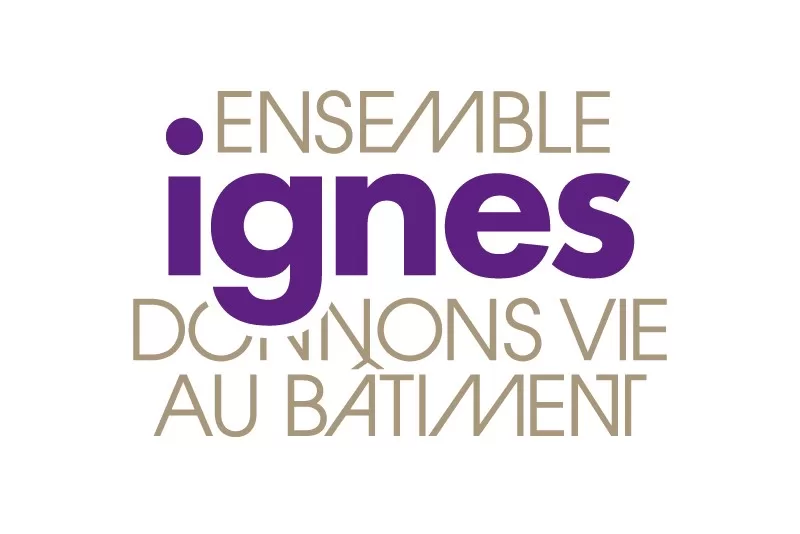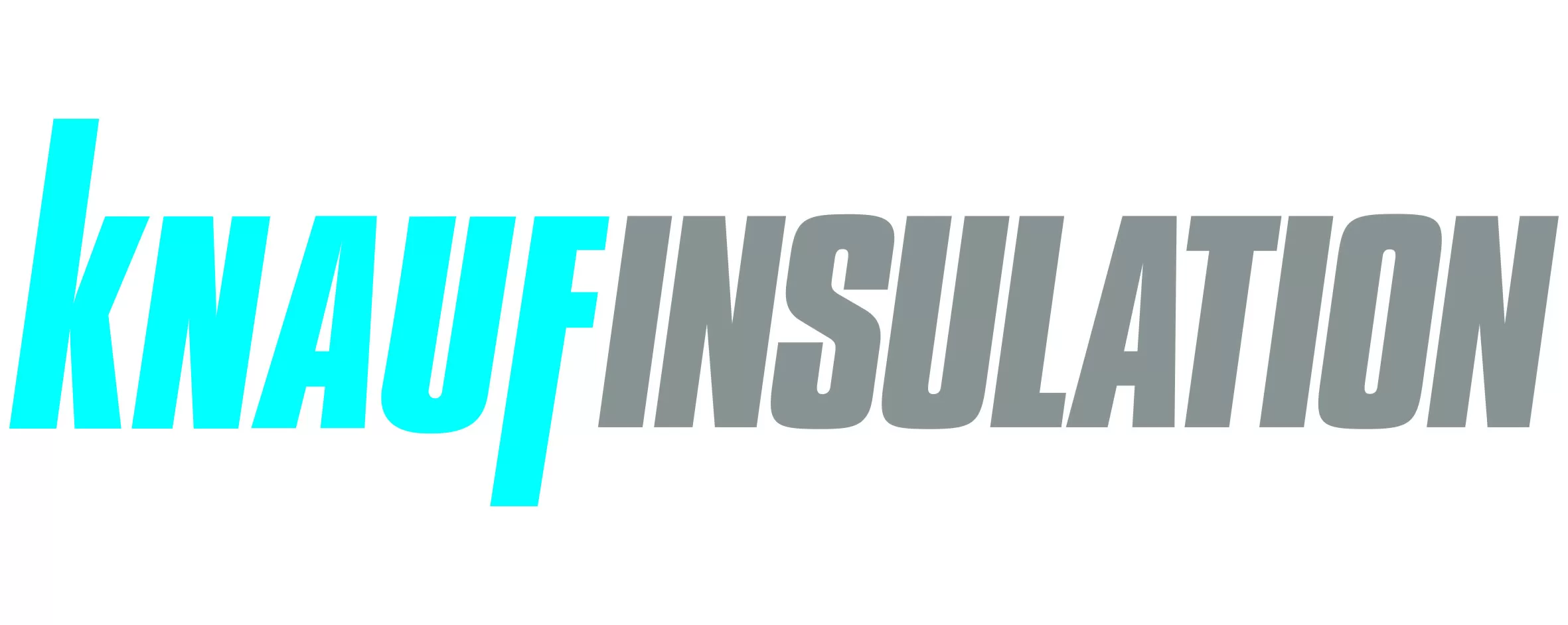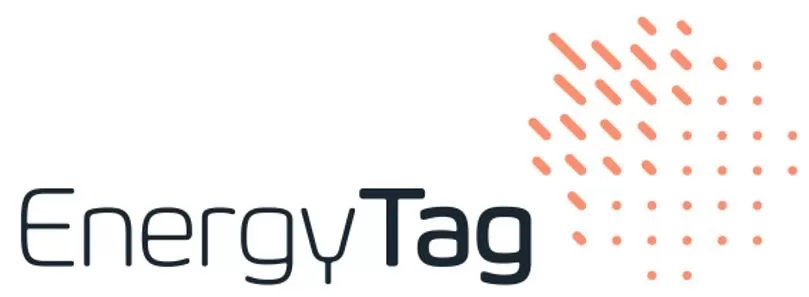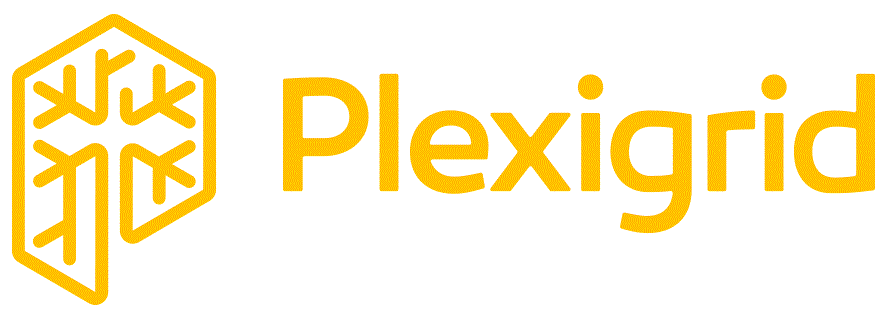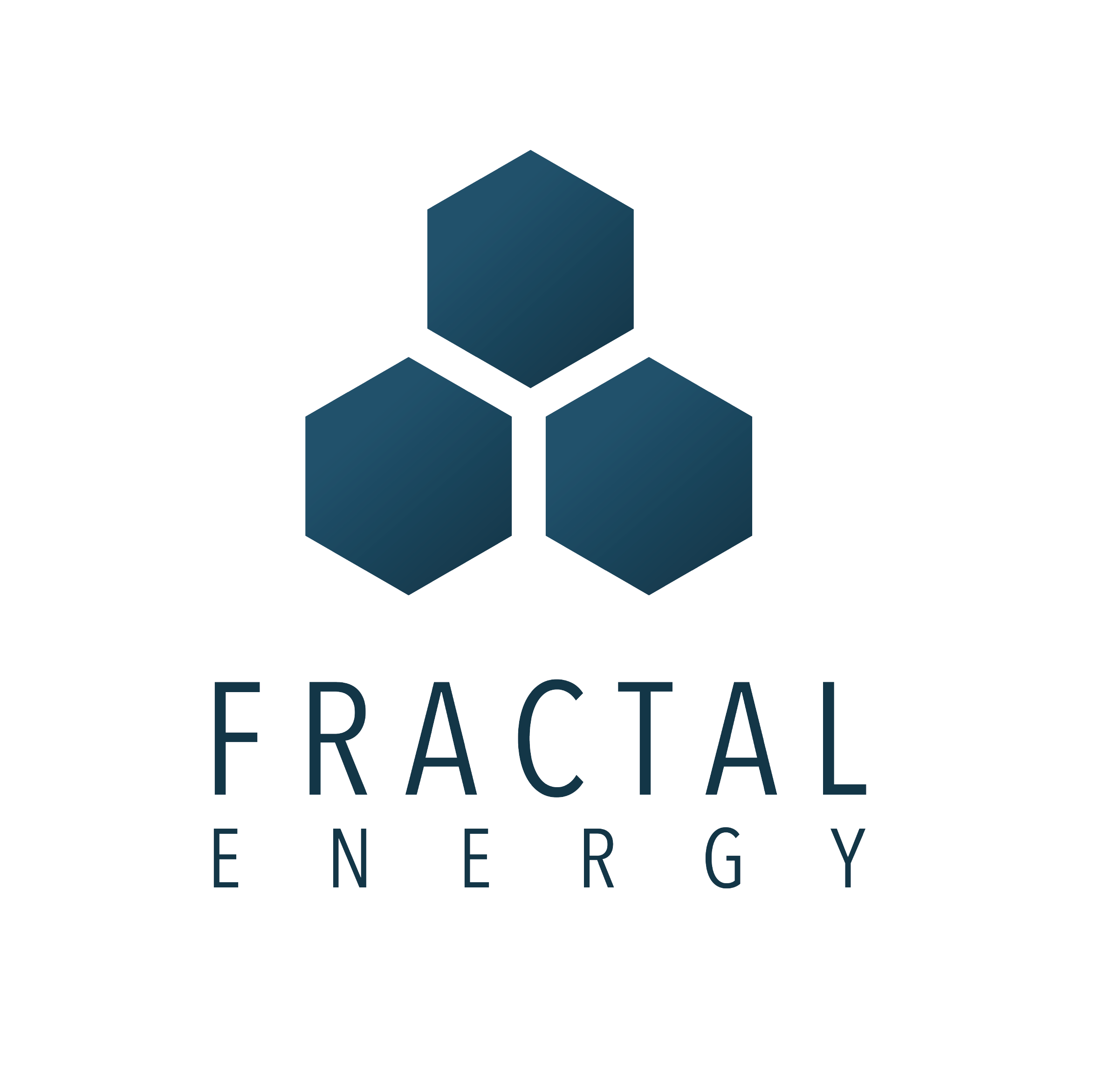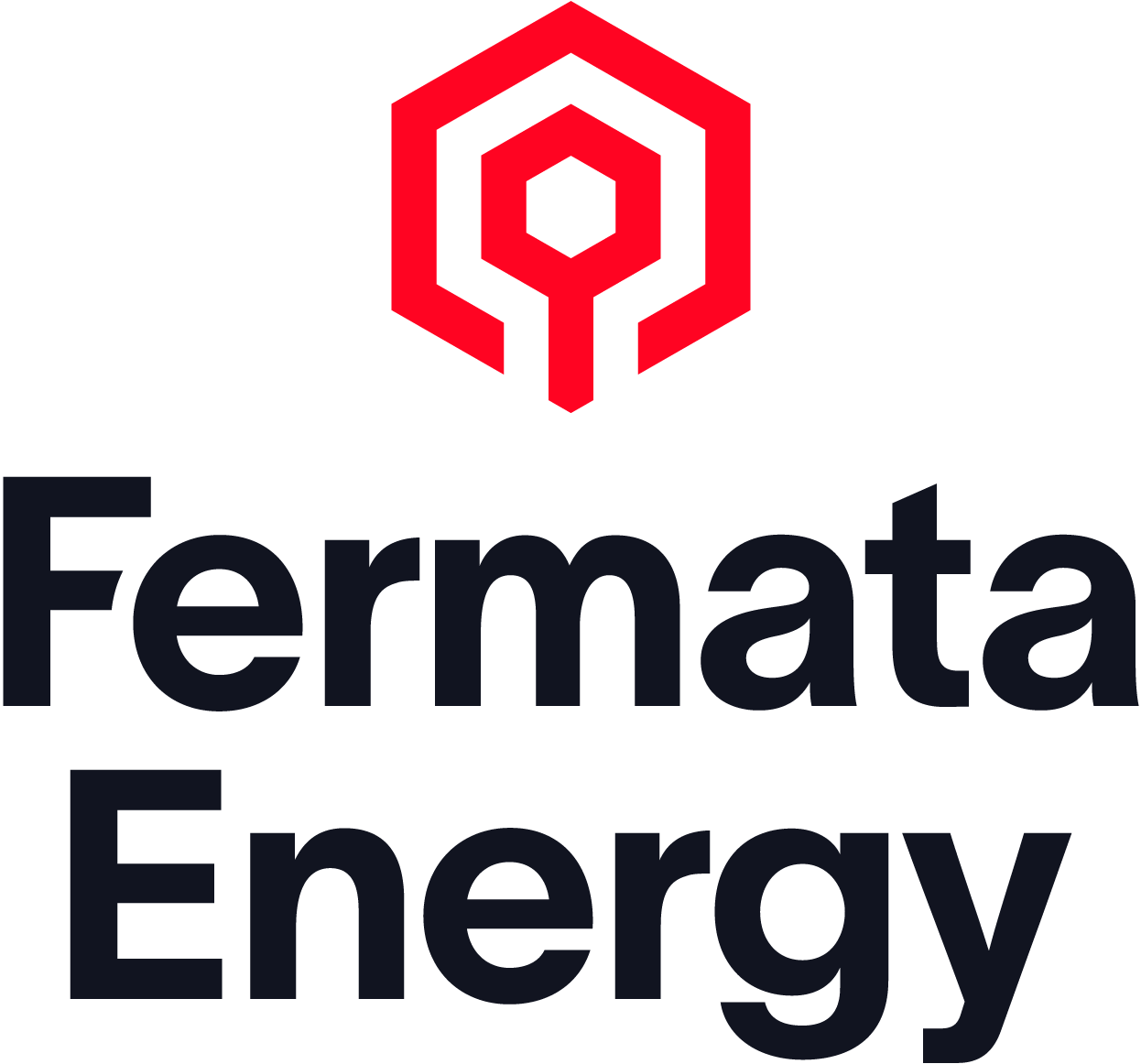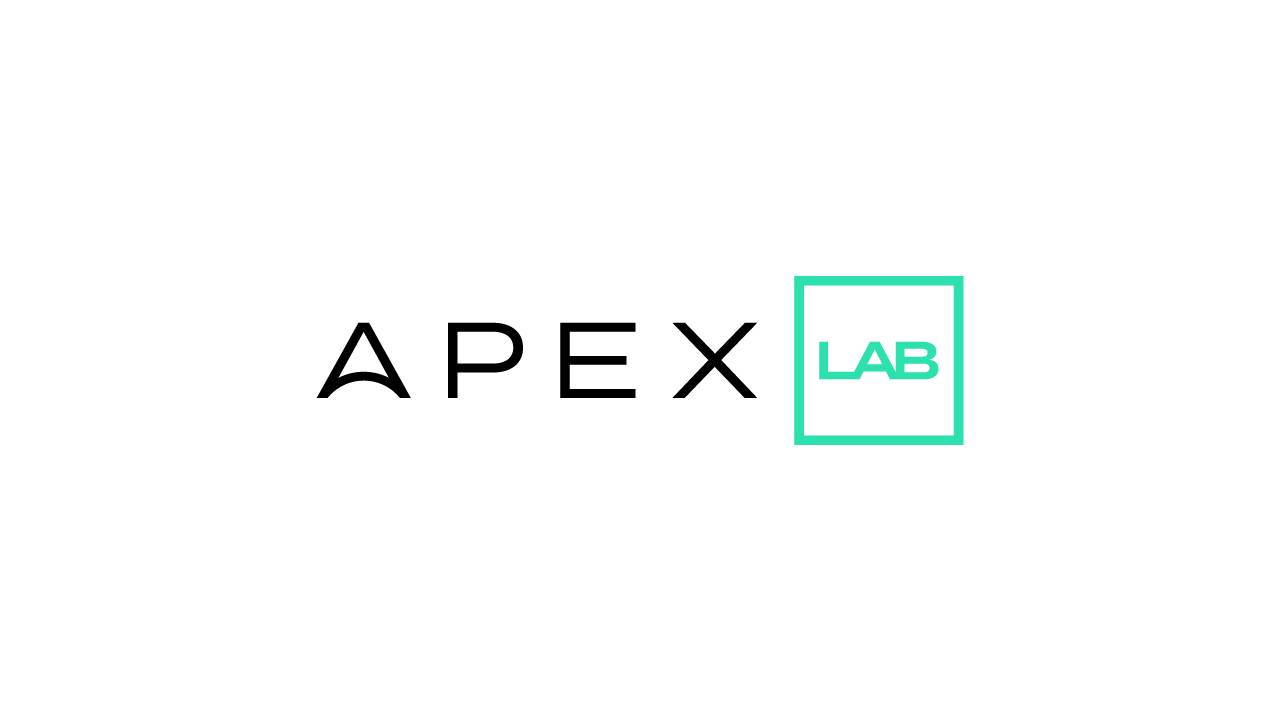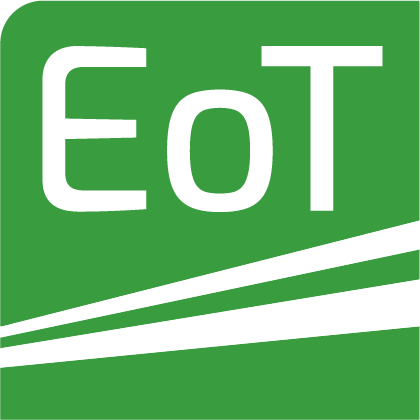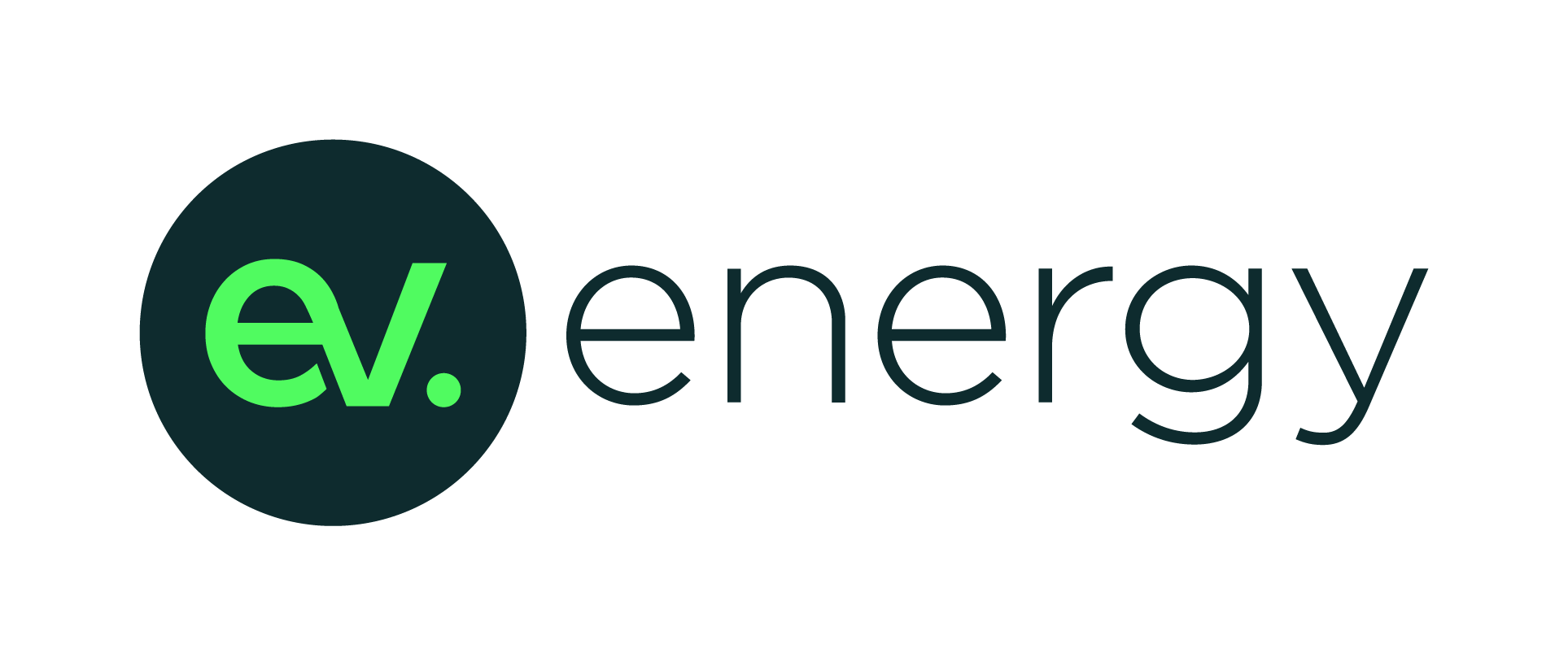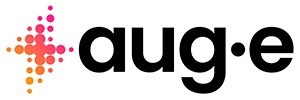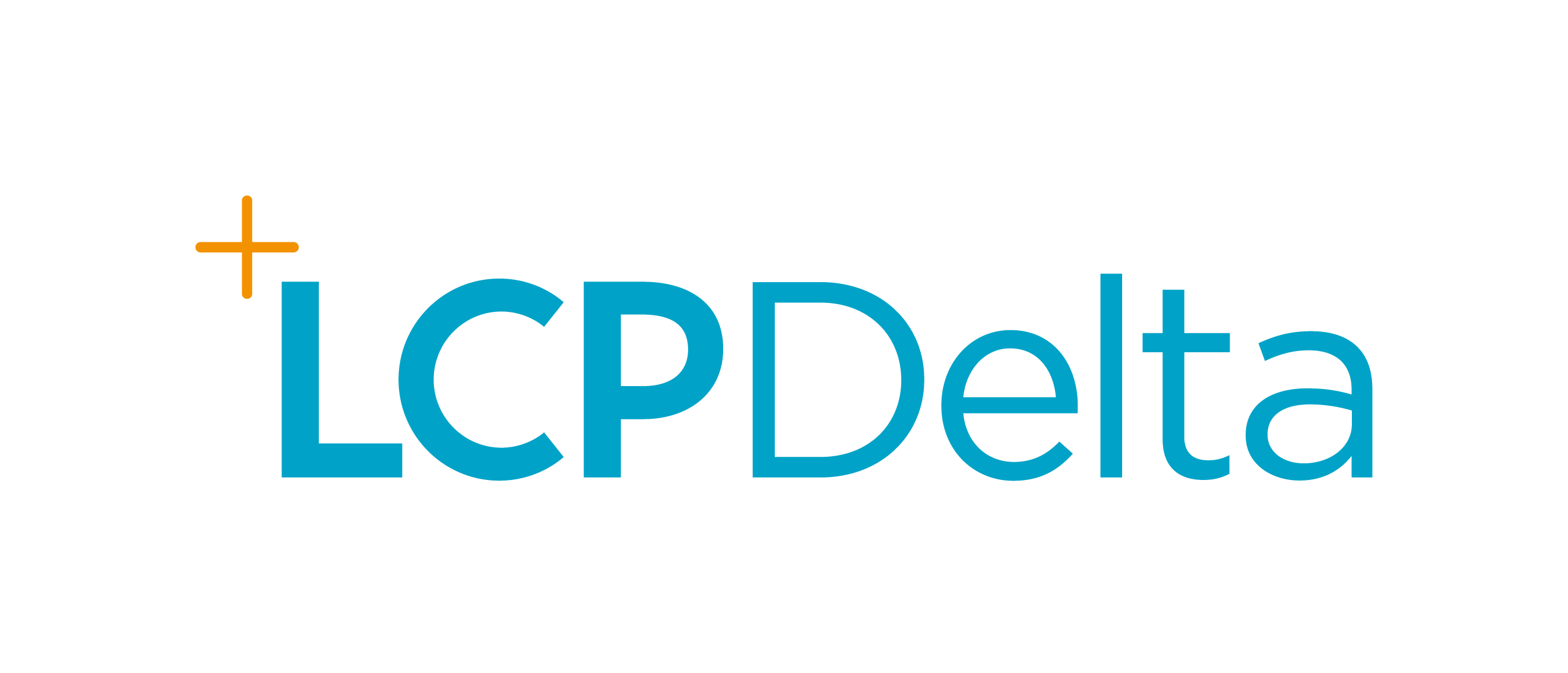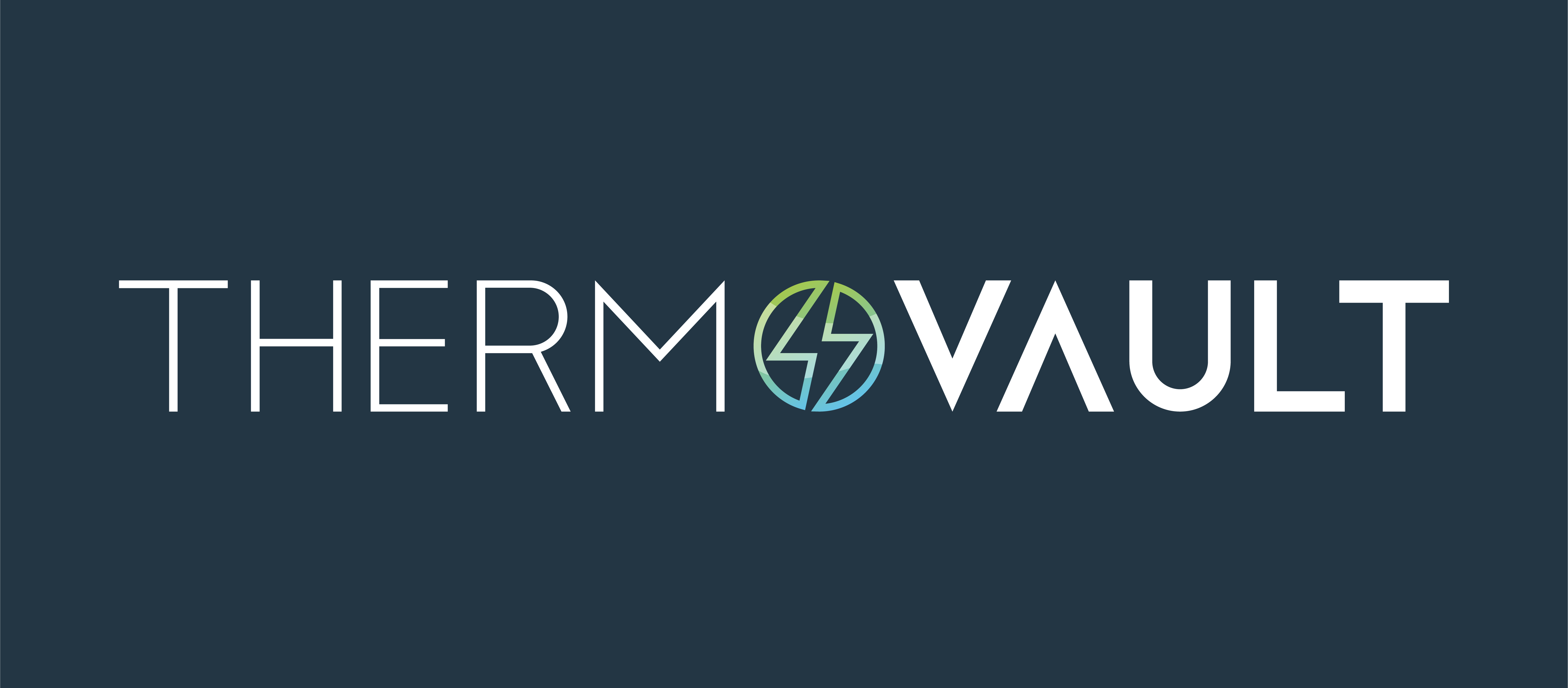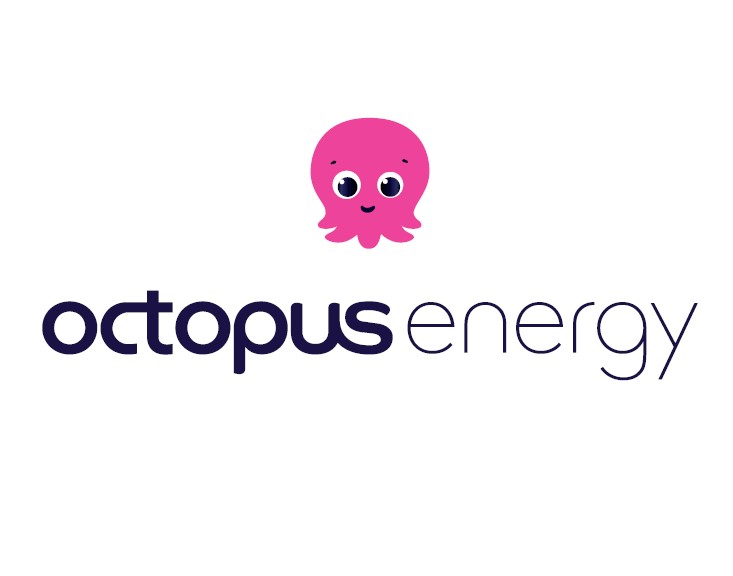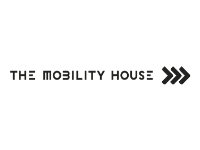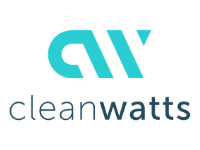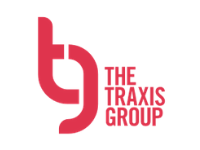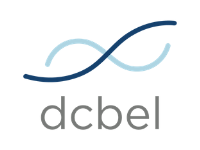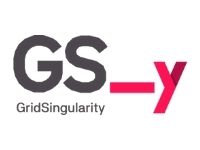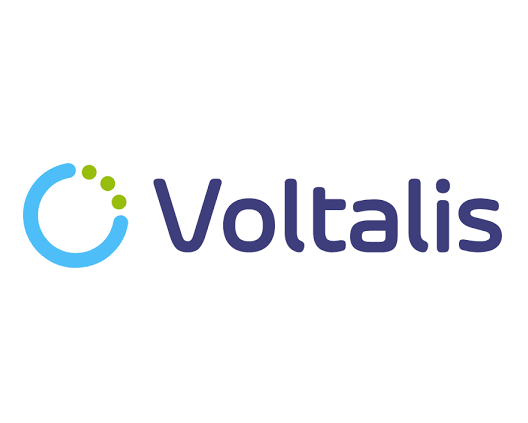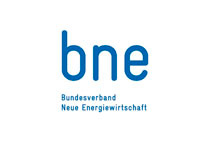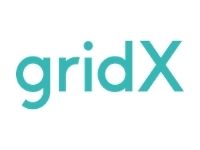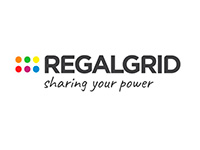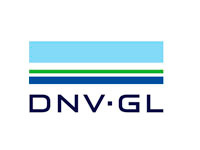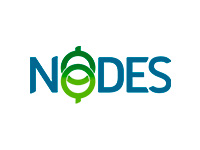Climate change is happening and without further global action to mitigate it, temperatures will rise within this century well beyond a 2°Celsius compared to pre-industrial times. This will have major impacts on our economies and societies. In order to prevent this, 178 global partners cooperating under the United Nations Framework Convention on Climate Change (UNFCCC) have ratified the Paris Agreement that calls upon all countries to keep global temperature increase to well below 2°C, and to pursue efforts to limit the increase to 1.5°C above pre-industrial levels.
Future climate and energy policy – a Strategy for long-term EU greenhouse gas emissions reductions
Public Consultations & Open Letters
smartEn welcomes the public consultation on the reform of the EU’s electricity market design (EMD), which very much highlights the increasing role of demand-side flexibility and active consumers in a centralised energy system. smartEn framed its reply around five pillars: 1. Strengthen consumer empowerment 2. Maximise District Self-Balancing 3. Unlock the value of demand-side resources in wholesale energy and ancillary services markets 4. Support investments with capacity remuneration arrangements 5. Combine renewables support schemes with distributed flexibility smartEn encourages the Commission to duly take these recommendations into account in view of the legislative proposal.
smartEn welcomes the Action Plan’s core objective to develop a market for Demand Side Flexibility, which is key to boost consumers’ participation and increase system efficiency. It is a key opportunity to support the ‘Fit for 55’. As a first priority the Action Plan should support the uptake of digital technologies capable of communicating with the grid and second, create a EU data-sharing infrastructure with a common EU energy data space, based on data transparency and interoperability. This should cover: Prosumers data from both smart meters and sub-meters as the latter are key to ensure full coverage of Demand Side Flexibility potential System operators essential data on network constraint and energy mix in order to give appropriate signal on when it is best to activate Demand Side Flexibility. The governance framework needed to ensure equal data access should be based on stakeholder engagement. Finally, Cybersecurity is a prerequisite for all data driven business models and should ensure the operational security of the entire energy system, from end to end.
Read the whole response.


